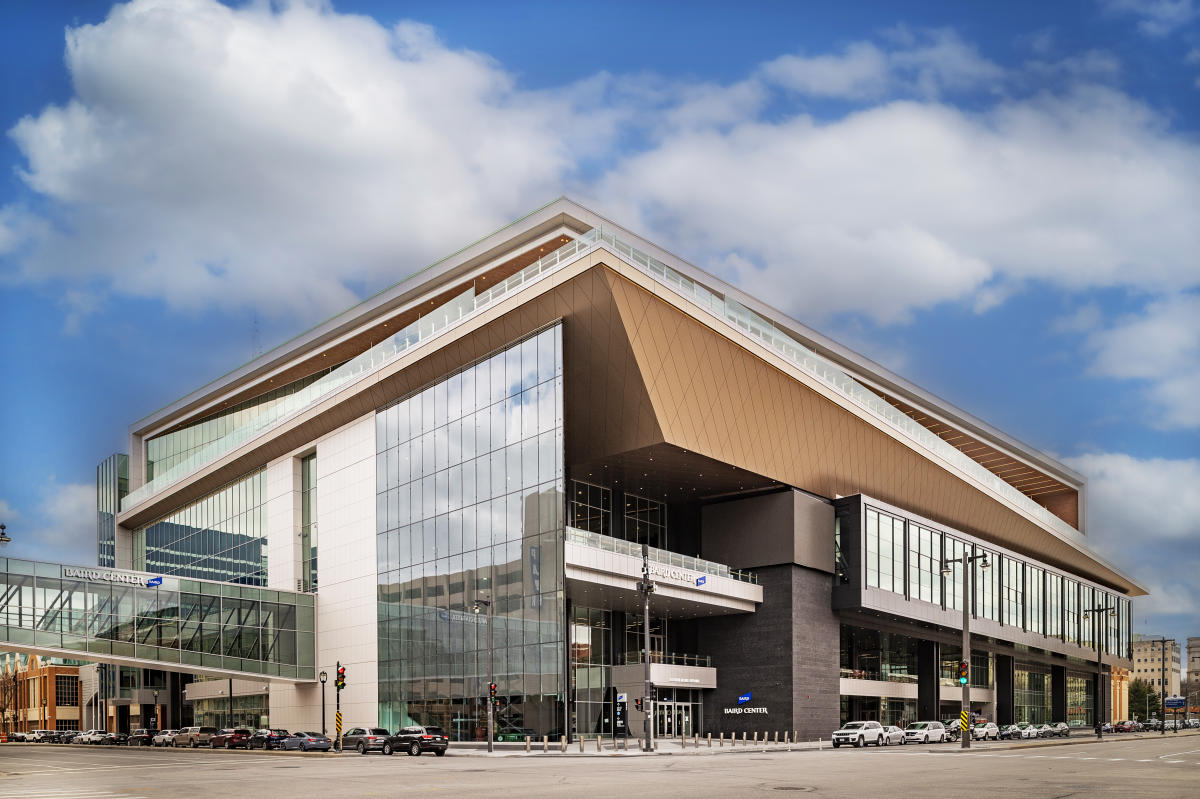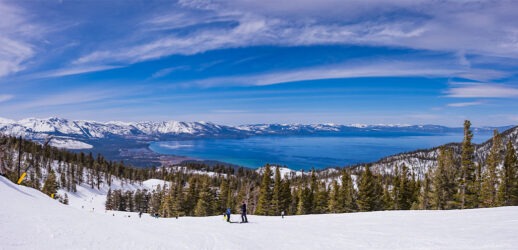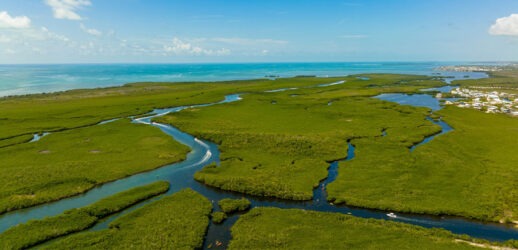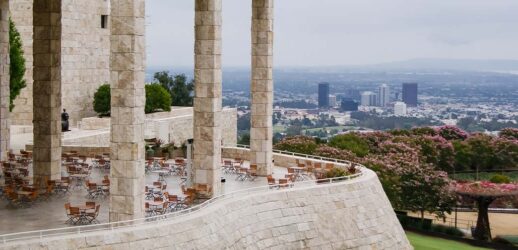Expect the unexpected
If you haven’t been to Wisconsin in a while, it’s time for another look. The urban centers in the southeast of the state are serving up much more than cheese curds and beer (though I tried the famed curds four ways while I was there, and I do respect the squeak—promise). Think “Top Chef” quality (the show was taped there in 2023) with impeccable ingredients from the No. 1-rated farmer’s market in the country.
Open your eyes to shimmering water views on sandy beaches. Meet in unique museum spaces and innovative convention center ballrooms. I took my first trip to the Middle Coast last month and left with a to-do list for the next trip. Your attendees may feel the same way, so here’s a pro-tip: Consider offering them rates for extending their stay.
Meet and Stay Here
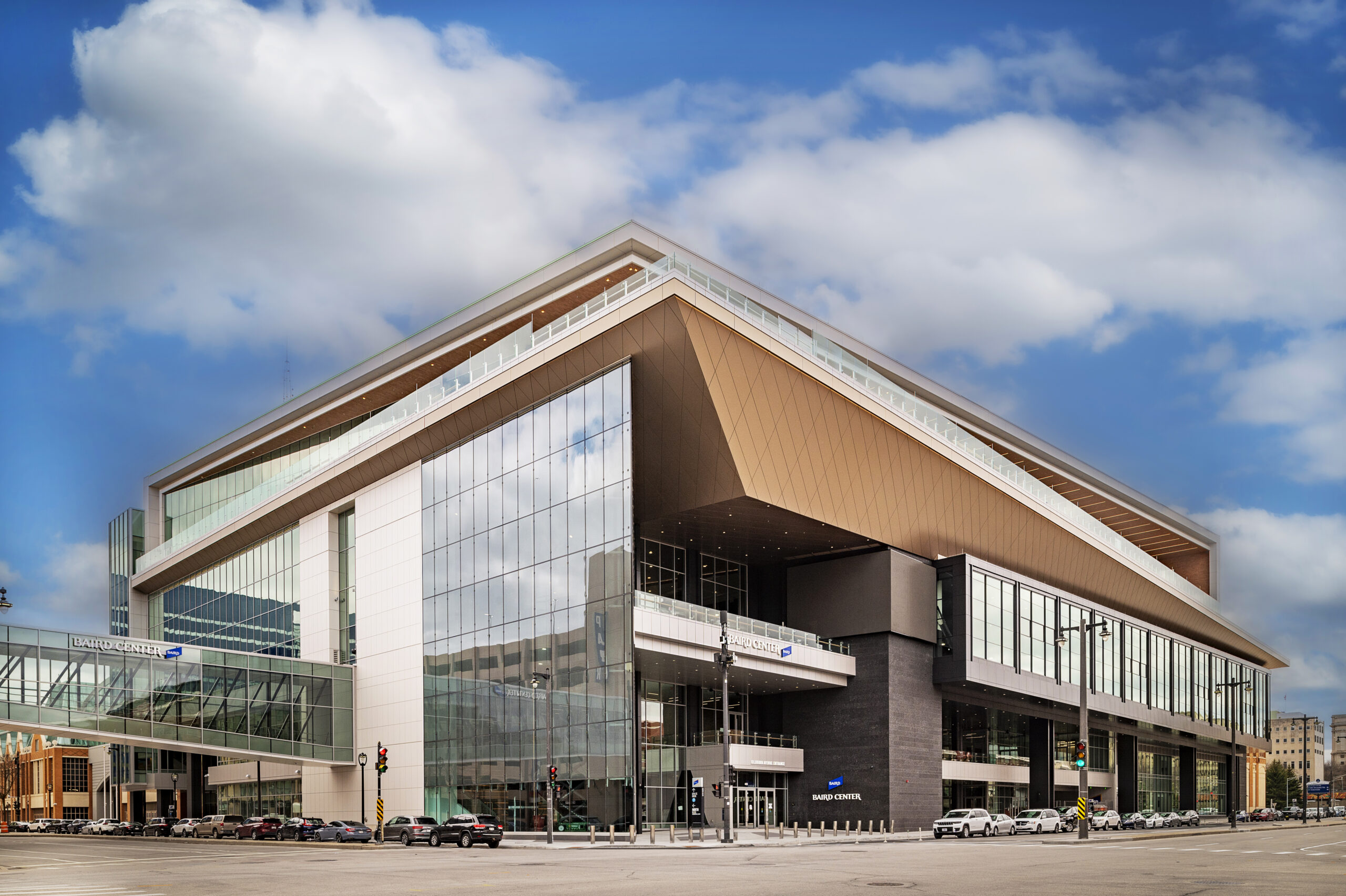
I started my journey with 24 hours in Madison, the state capital. This walkable city oriented around the formal garden square surrounding the Wisconsin State Capitol is actually an isthmus of land between two lakes. Everything was so convenient that once I arrived, I didn’t have to get in a car again until it was time to leave.
Monona Terrace Community and Convention Center (MTCCC) was designed by Frank Lloyd Wright, though it wasn’t complete until 59 years after the local resident proposed it and almost four decades after he died. The organic curves of the light, bright building hang over the water with incredible city views from the garden rooftop.
Director of Sales Laura MacIssac explained that, by design, the building serves local nonprofits along with the growing life sciences industry seeded by nearby Epic Systems and other visiting corporate and association groups in the 37,000-square-foot exhibition hall and sunny grand terrace. During my stay, Monona Terrace was hosting a meeting of the Association of Children’s Museums, a fitting group for a town that is home to the award-winning Madison Children’s Museum. MTCCC is connected by skybridge to modern, comfortable Hilton Madison Monona Terrace (240 guest rooms and 4,100 sq. ft. of meeting space) and is blocks from the Capitol.
My next stop was Milwaukee for the grand opening of the $456 million Baird Center (formerly The Wisconsin Center) expansion. The LEED Silver North Expansion, which completes the original building that opened in 1998, doubles the size of the downtown convention center and adds 24 new meeting rooms for a total of 52 breakout spaces. Six new loading docks and a new parking structure make getting in and out easier even if multiple or back-to-back groups are in-house. The expo hall is now an unbroken 300,000 sq. ft. The cherry on top is a 100,000-square-foot rooftop ballroom with its outdoor terrace.
Read More: Baird Center Expansion Opens in Milwaukee
Visit Milwaukee President and CEO Peggy Williams Smith estimated an additional 100,000 people would come to town each year because of the expansion, including the Republican National Convention, which will be entrusted with the keys when they arrive in July.
Baird Center is part of a collection of major meeting spaces that include Miller High Life Theatre and UW-Milwaukee Panther Arena. The 17,500-seat Fiserv Forum, home of NBA’s Milwaukee Bucks and The Trade, an Autograph Collection (207 guest rooms and 8,274 sq. ft. of meeting space) boutique hotel are a few blocks away. Hilton Milwaukee City Center (729 guest rooms and 45,000 sq. ft. of meeting space) and Hyatt Regency Milwaukee (481 guest rooms, 30,800 sq. ft. of meeting space) are attached to Baird Center by a skywalk.
Eat This

Milwaukee translates to “the good land” in the language of the Potawatomi, Odawa and Ojibwe tribes, and in addition to the area being the country’s top producer of cranberries, the city is filled with diverse takes on how to prepare the abundance of the surrounding farmland.
One example: James Beard Award nominee Gregory Leon’s Amilinda Spanish restaurant where everything is made from scratch and buyouts make the cozy space yours.
The history of the area is evident at luxurious The Pfister Hotel (307 guest rooms and 25,000 sq. ft. of meeting space), where hospitality has been in season since the Romanesque Revival retreat was built in 1893. Blu cocktail lounge on the 23rd floor affords stunning views of Lake Michigan.
Back in Madison, Joshua Berkson, founder of Rule No. One Hospitality Group and the force behind the thoughtful renovation of an old bank building into what is now Lucille craft cocktail restaurant explained that equity and inclusion are two key operational ingredients for him, and the quality of life in the area is why he moved from New York City to raise his family. Cheers to that.
This article appears in the July/August 2024 issue. You can subscribe to the magazine here.
